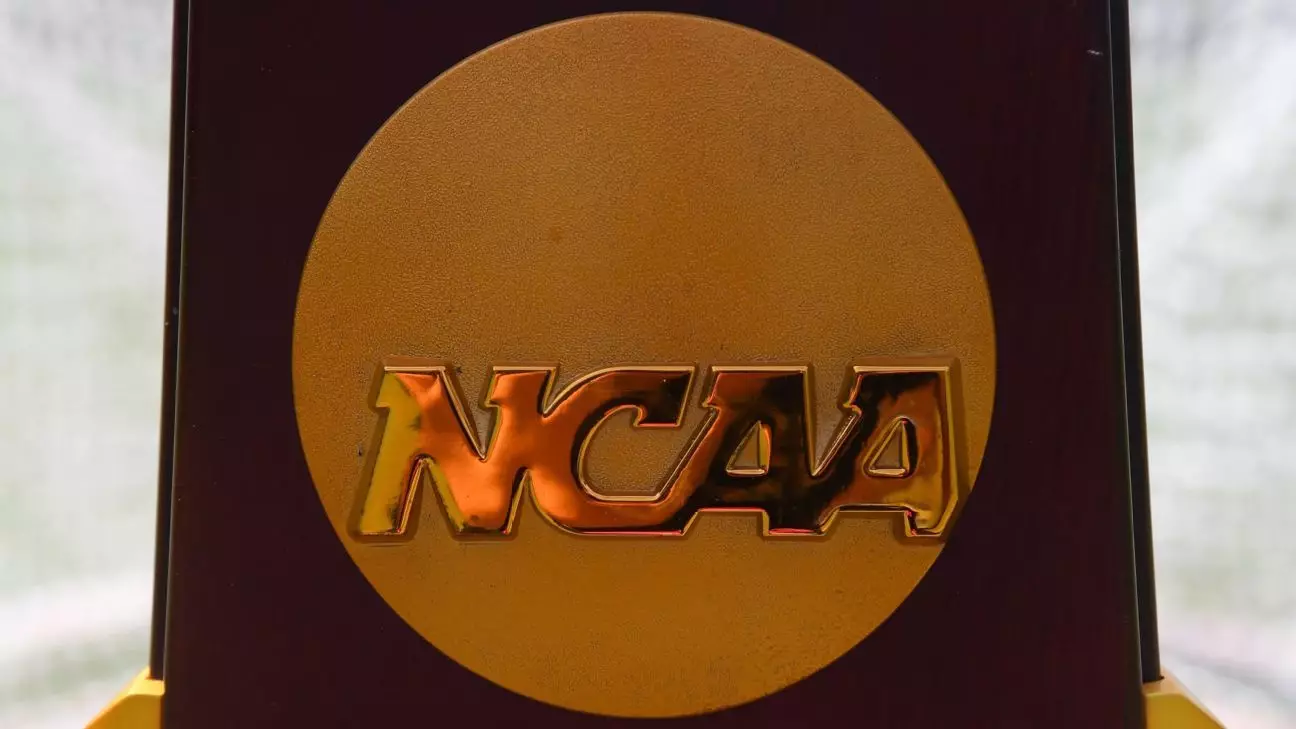The NCAA has recently made the decision to stop its enforcement staff from investigating booster-backed collectives or other third parties engaging in name, image, and likeness (NIL) compensation deals with Division I athletes. This move comes after a federal judge granted a preliminary injunction in a lawsuit brought by the attorneys general of Tennessee and Virginia, challenging NCAA rules against recruiting inducements. The decision has raised questions about the future of college athletics and the NCAA’s amateurism model.
In a letter to member schools, NCAA President Charlie Baker announced that the Division I Board of Directors had directed enforcement staff to pause investigations involving third-party participation in NIL-related activities. Baker stated that there would be no penalty for conduct that aligns with the injunction while it is in place. This decision was made in anticipation of long-term solutions and pending discussions with the attorneys general. While this move provides clarity on enforcement direction, it also highlights the challenges the NCAA faces in adapting to the changing landscape of collegiate sports.
The NCAA’s decision to halt investigations into NIL deals reflects the growing pressure on the organization to modernize its approach to athlete compensation. The rise of state laws allowing college athletes to profit from their celebrity status has forced the NCAA to reconsider its amateurism model. By allowing booster-backed collectives to engage in NIL deals with athletes, the NCAA is acknowledging the need for reform in how student-athletes are compensated for their talents.
Despite lifting the ban on NIL compensation in 2021, the NCAA continues to face legal challenges and calls for comprehensive reform. The organization has sought a limited antitrust exemption from Congress to implement rules that will protect the amateur status of college athletes. However, the push for athlete empowerment and fair compensation poses a significant threat to the traditional concept of amateurism in collegiate sports.
As the landscape of college athletics continues to evolve, the NCAA must navigate the delicate balance between maintaining the integrity of amateurism and meeting the demands of modern athletes. The decision to pause investigations into third-party NIL deals is a temporary measure that underscores the need for a more sustainable and equitable framework for athlete compensation. Only time will tell how the NCAA will respond to increasing legal challenges and calls for reform within collegiate sports.

Leave a Reply